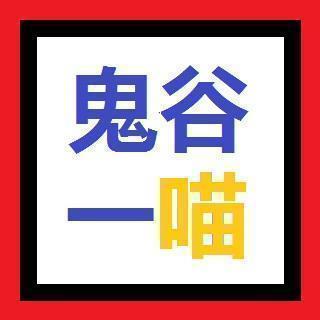
介绍:
Billing for goods and services that customers have purchased is part of any business. 【Traditional billing methods in the brick-and-mortar paradigms are costly and involve generating invoices, stuffing envelopes, affixing proper postage to the envelopes, and sending the invoices to the customers.】 Meanwhile, the accounts payable department must keep track of incoming payments, post accounts in the database, and ensure that customer data are current.
Online stores have many of the same payment collection inefficiencies as their brick-and-mortar cousins. 【Most online customers use credit cards to pay for their purchases, while auction customers may also use conventional payments methods, including checks and money orders. 】Electronic cash systems, though less popular than other payment methods do provide several advantages as well as some disadvantages unique to electronic cash.
【For the most part, electronic cash transactions are more efficient and therefore less costly than other methods, and that should foster more business, which eventually means lower prices for consumers. 】Transferring electronic cash on the Internet costs less than processing credit card transactions. You have observed that conventional money exchange systems require banks, banks branches, clerks, automated teller machines, and a parallel electronic transaction system to manage, transfer and dispense cash. That is expensive.
On the other hand, electronic cash transfers occur across an existing infrastructure, the Internet, and through existing computer systems. So the fixed cost of hardware to handle electronic cash is nearly zero. Because the Internet spans the globe, the distance that an electronic transaction must travel does not affect cost. 【When considering moving physical cash and checks, distance and cost are proportional---the greater the distance that the currency has to go, the more it costs to move it. 】
However, moving electronic currency from Detroit to San Francisco costs the same as moving it from San Francisco to Hong Dong. Everyone can use electronic cash. Merchants can pay other merchants in a business-to-business relationship, and consumers can pay each other. 【Electronic cash does not require that one party have any special authorization, as is required with credit card transactions. 】

